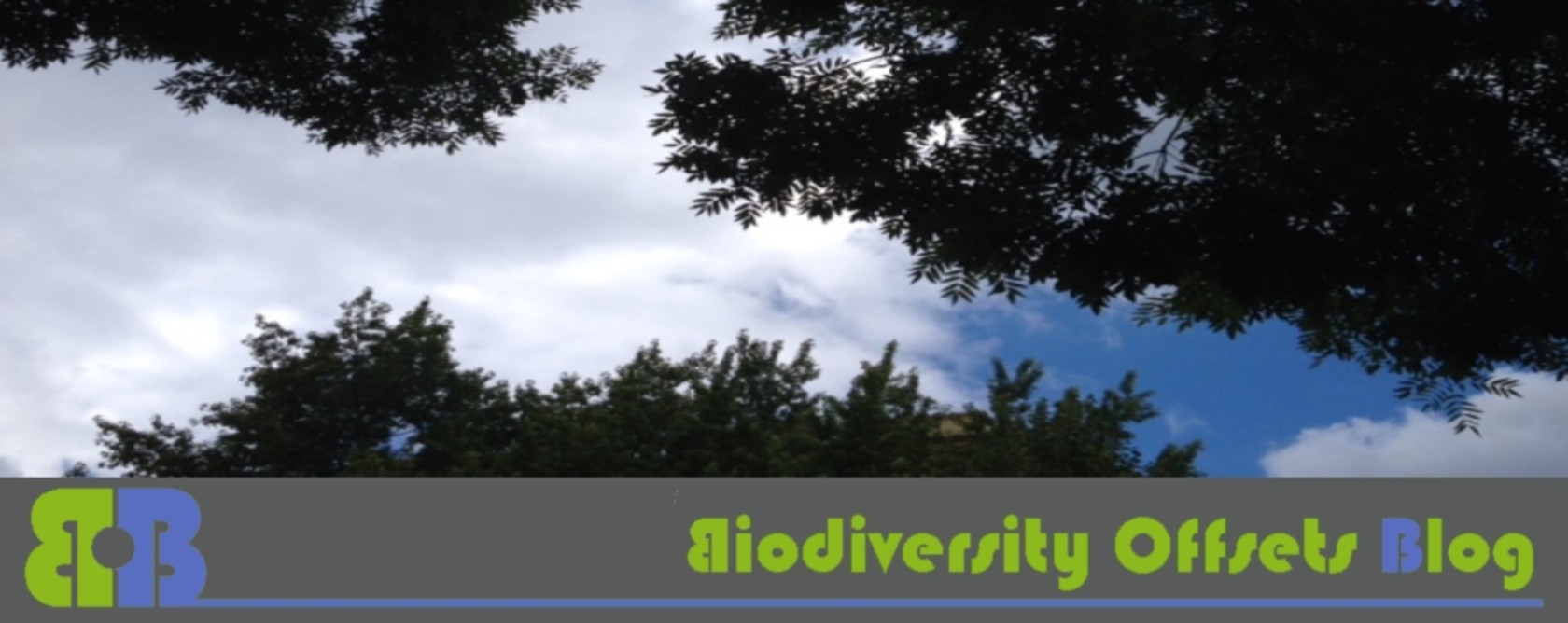Author(s): Evangelia Apostolopoulou and William M. Adams
Title: Biodiversity offsetting and conservation: reframing nature to save it
Year: 2015
Pages: 9 pages
Publication type: journal article
Language: English
Abstract:
Biodiversity offsetting involves the balancing of biodiversity loss in one place (and at one time) by an equivalent biodiversity gain elsewhere (an outcome referred to as No Net Loss). The conservation science literature has chiefly addressed the extent to which biodiversity offsets can serve as a conservation tool, focusing on the technical challenges of its implementation. However, offsetting has more profound implications than this technical approach suggests. In this paper we introduce the concept of policy frames, and use it to identify four ways in which non-human nature and its conservation are reframed by offsetting. Firstly, offsetting reframes nature in terms of isolated biodiversity units that can be simply defined, measured and exchanged across time and space to achieve equivalence between ecological losses and gains. Secondly, it reframes biodiversity as lacking locational specificity, ignoring broader dimensions of place and deepening a nature–culture and nature–society divide. Thirdly, it reframes conservation as an exchange of credits implying that the value of non-human nature can be set by price. Fourthly, it ties conservation to land development and economic growth, foreshadowing and bypassing an oppositional position. We conclude that by presenting offsetting as a technical issue, the problem of biodiversity loss due to development is depoliticized. As a result the possibility of opposing and challenging environmental destruction is foreclosed, and a dystopian future of continued biodiversity loss is presented as the only alternative.
